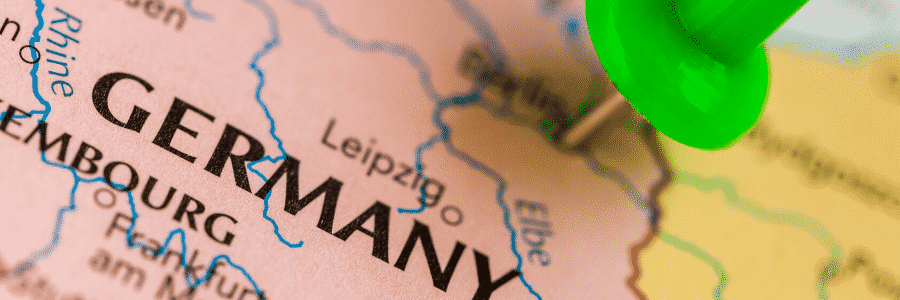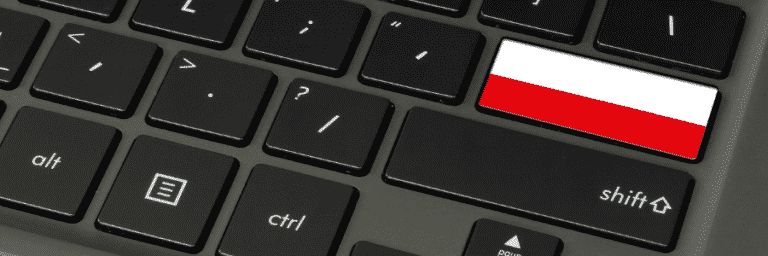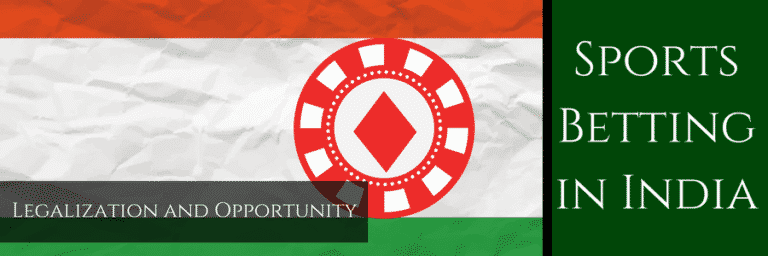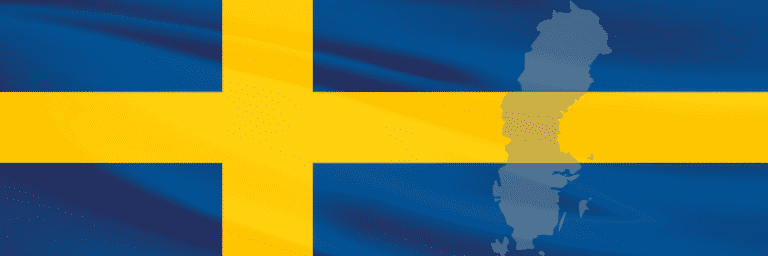Germany Set to Legalize Online Betting

Germany has come one important step closer to legalizing and regulating online gambling and poker. This comes as the heads of Germany’s sixteen states have reportedly reached an agreement to legalize online casino games and poker beginning July 1st, 2021.
According to local media, Germany’s heads of state have agreed to the regulations that will govern online gambling and poker. The agreement must now be ratified by state parliaments and the European Commission in order to take effect.
Strict Regulations Incoming
Germany’s plan to proceed with regulation does not involve opening the flood gates to unlimited online gambling on demand. German lawmakers have agreed to implement regulations that will impose significant restrictions on how online gambling is conducted in Germany.
Under the new state treaty, online gambling operators would be able to offer their services to players across the country for the first time ever under a completely regulated environment. Regulators seek to strike a balance between offering a regulated alternative to players while not subjecting the country to out of control gambling.
German lawmakers describe the new treaty as a “limited” form of gambling that would serve as a suitable alternative to the rampant online gambling that already occurs via unregulated offshore operators.
Some of the key restrictions within the proposal include:
- Deposit Limits: Players are to be restricted to depositing no more than €1,000 per month across all licensed operators.
- Maximum Slot Wagers: Online slots are to be limited to a €1 per spin wager limit and no autoplay function.
- Advertising Restrictions: Ads for online poker and casino games would be prohibited between 6 AM and 9 PM.
- In-Play Betting Limits: One of the more restrictive proposals related to sports betting would limit in-play betting to wagers on the outcomes of the end result or next scoring play. Furthermore, this would only be allowed for low-scoring games such as football and hockey. In-play betting on high-scoring games such as tennis and basketball would be restricted.
German Gambling Plan Met with Mixed Reactions
German media association VAUNET, which represents roughly 150 media outlets, has come out strongly against the proposed advertising restrictions.
As Affiliate Insider reported, VAUNET Chairman Matthias Kirschenhofer explained the advertising restriction would simultaneously hurt broadcasters and harm the government’s ability to channel players away from unlicensed offshore operators:
Advertising is the financing basis for private broadcasters and an instrument that steers legal games in the gaming market, the regulatory goal of our Federal States.
On the other hand, gambling opponents find the advertising restrictions to be too lax. Addiction research Tobias Hayer of the University of Bremen said he is afraid that liberalizing the market will expand the reach of gambling and result in more problem gambling.
Here’s what he told Zeit Online:
I think it is absolutely not a good idea that, for example, Bundesliga football clubs with the logo of a betting provider on their jerseys are walking around or that betting providers are the primary sponsors of a club.
Speaking on the restrictions imposed on in-play betting, German Sports Betting Association president Mathias Dahm expressed concerns that the restrictions would lead to punters seeking black market alternatives. Under the proposed restrictions, he says, licensed operators would only be able to provide 25-30% of today’s total volume for live betting. Dahms estimates these restrictions will result in €3-€4 billion in lost sales.
Controversy aside, the German gambling industry could use the stability of a new gambling treaty after years of back-and-forth going back to 2008. Lawmakers have attempted to license some forms of online gambling, block others and generally create a strong sense of uncertainty that has provided fodder for offshore gambling operators. A stable regulatory regime moves Germany one step closer to channeling players to regulated providers.

Wes Burns has more than a decade’s worth of experience as a writer, researcher, and analyst in the legal online betting industry and is co-founder of OnlineBettingSites.com. Wes approaches his work from the viewpoint of players.




